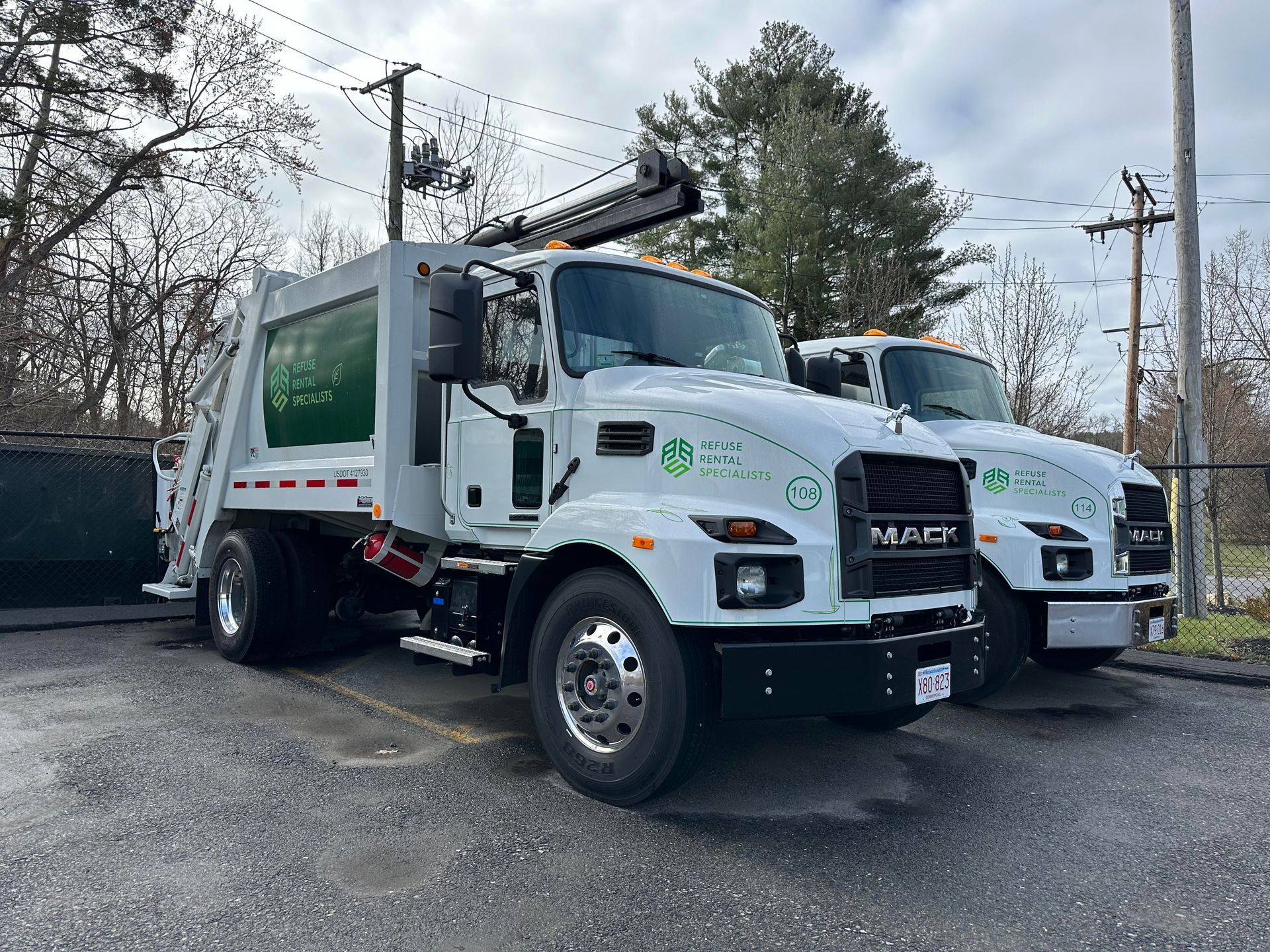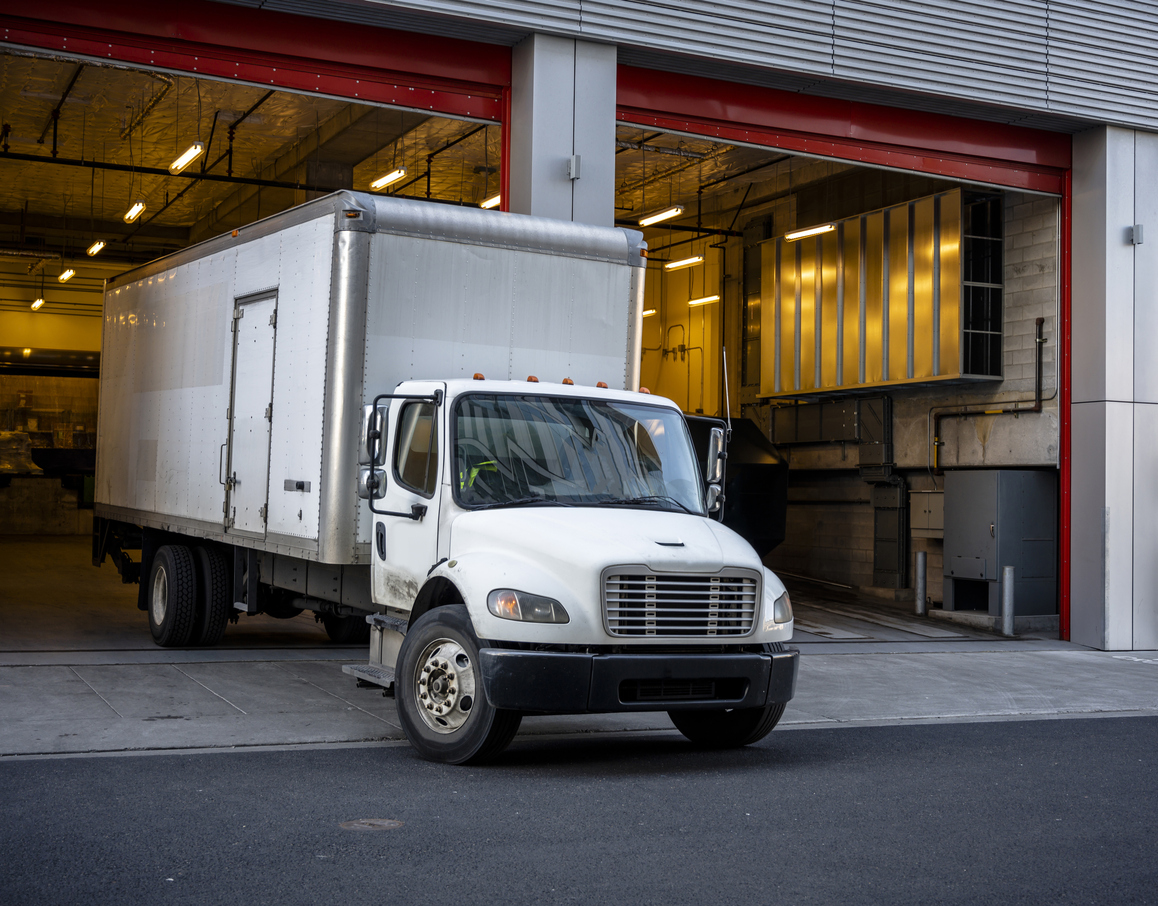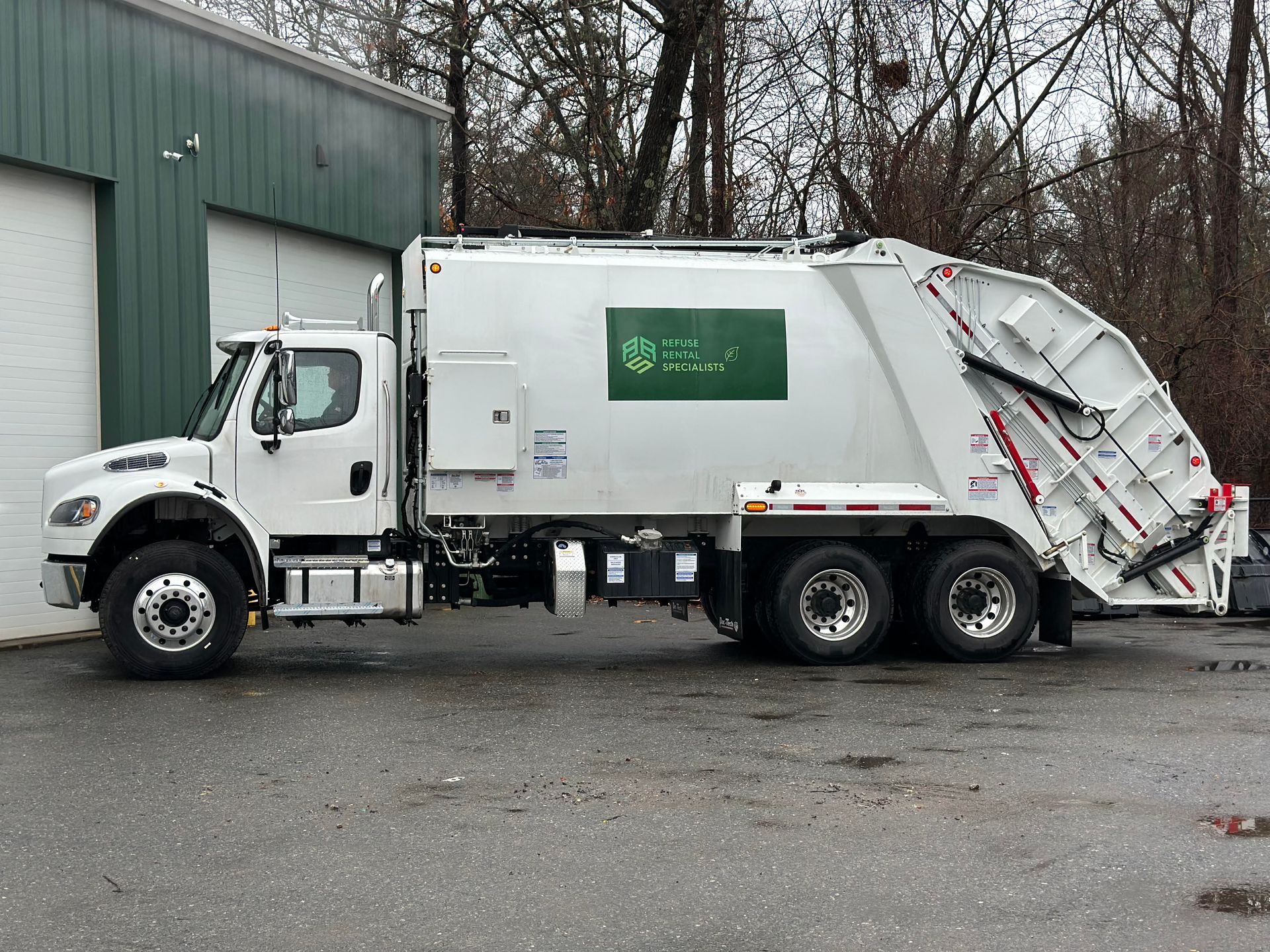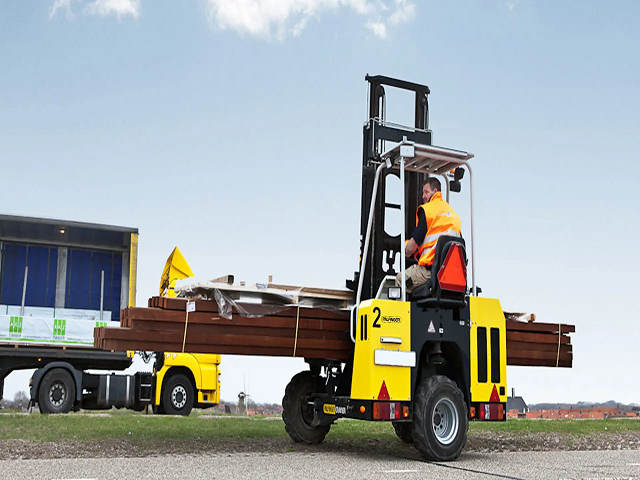CDL Rental Trucks: Your Comprehensive Guide to Commercial Vehicle Rentals
CDL Rental Trucks: Your Comprehensive Guide to Commercial Vehicle Rentals typestruckssale.com
In the demanding world of logistics, construction, and specialized hauling, access to reliable and appropriate commercial vehicles is paramount. For many businesses, owner-operators, and even individuals seeking to enter the trucking industry, purchasing a heavy-duty truck isn’t always the most practical or financially viable solution. This is where CDL Rental Trucks come into play. These are commercial vehicles – ranging from heavy-duty box trucks and dump trucks to tractor-trailers (semi-trucks) – that require a Commercial Driver’s License (CDL) to operate legally, and are available for rent on a short-term or long-term basis.
CDL rental trucks offer unparalleled flexibility, cost-effectiveness, and access to specialized equipment without the significant upfront investment, maintenance overheads, or depreciation concerns associated with ownership. Whether you’re scaling operations for a seasonal peak, replacing a vehicle undergoing repairs, training new drivers, or simply testing new markets, understanding the landscape of CDL rental trucks is crucial for efficient and compliant operations.
CDL Rental Trucks: Your Comprehensive Guide to Commercial Vehicle Rentals
What are CDL Rental Trucks? Defining the Heavy-Duty Fleet
CDL rental trucks are commercial motor vehicles (CMVs) that, by definition, have a Gross Vehicle Weight Rating (GVWR) of 26,001 pounds or more, or are designed to transport 16 or more passengers (including the driver), or are used to transport hazardous materials. This broad category encompasses a diverse range of vehicles, each designed for specific hauling and operational needs. Unlike consumer-grade rental trucks (like those from U-Haul or Ryder for household moves), these vehicles require the operator to possess a valid Commercial Driver’s License of the appropriate class (Class A, B, or C) for legal operation.
The primary purpose of CDL rental trucks is to provide businesses and individuals with temporary access to heavy-duty equipment for commercial purposes. This could involve transporting goods across states, delivering construction materials, moving specialized equipment, or even serving as training vehicles for aspiring CDL holders.
Who Needs CDL Rental Trucks? Identifying the Demand
The demand for CDL rental trucks stems from various sectors and operational scenarios:
- Growing Businesses: Companies experiencing rapid growth may need additional fleet capacity without committing to large capital expenditures on new truck purchases. Renting allows them to scale operations efficiently.
- Seasonal Demands: Industries like agriculture, retail (holiday season), or construction often face peak periods where their existing fleet is insufficient. Rentals provide the necessary temporary boost.
- Owner-Operators: Independent truckers might rent a truck when their primary vehicle is down for maintenance, or to take on a specific job that requires a different truck configuration than they own.
- Start-Up Logistics Companies: New ventures can test the waters, build client relationships, and generate revenue without the massive initial investment in a truck fleet.
- Driver Training Schools: Many CDL training programs rent trucks to provide hands-on experience to their students, ensuring they have access to modern and well-maintained equipment.
- Temporary Replacements: When a company’s owned truck is undergoing repairs, experiencing mechanical issues, or involved in an accident, a rental ensures continuity of operations.
- Specialized Projects: Some projects might require a specific type of truck (e.g., a flatbed for an oversized load, a refrigerated truck for a one-off perishable shipment) that isn’t part of a company’s standard fleet.


The Benefits of Renting CDL Trucks: A Strategic Advantage

Renting CDL trucks offers several compelling advantages over outright ownership:
- Cost-Effectiveness: Avoids the substantial upfront cost of purchasing a commercial truck (which can range from $50,000 to over $200,000 for a new semi-truck). It also eliminates depreciation, interest on loans, and large down payments.
- Reduced Maintenance & Repair Costs: Rental agreements typically include maintenance, roadside assistance, and often cover wear and tear. This shifts the burden and unpredictable costs of upkeep from the renter to the rental company.
- Flexibility & Scalability: Rent trucks only when you need them. Easily scale your fleet up or down based on project demands, seasonal fluctuations, or unexpected events, without being tied to underutilized assets.
- Access to Modern & Diverse Equipment: Rental fleets are often updated regularly, providing access to newer models with advanced features, better fuel efficiency, and greater reliability. You can also access specialized trucks for specific jobs without owning them.
- Tax Advantages: Rental costs can often be fully expensed as operating costs, potentially offering a more favorable tax treatment than depreciation on owned assets. (Consult with a tax professional).
- No Long-Term Commitment: Ideal for short-term projects, testing new routes, or bridging gaps in your operations without the burden of long-term debt or asset management.
Types of CDL Rental Trucks Available: Matching the Right Vehicle to the Job
The variety of CDL rental trucks ensures that most commercial hauling needs can be met:
- Class 8 Semi-Trucks (Tractor Units):
- Day Cabs: Designed for shorter hauls, local deliveries, or shuttle operations where the driver doesn’t need to sleep in the truck. Ideal for port drayage, intermodal, or regional freight.
- Sleeper Cabs: Equipped with a sleeping compartment for long-haul operations, allowing drivers to comply with Hours of Service regulations.
- Heavy-Duty Box Trucks/Straight Trucks:
- Typically range from 26,001 lbs GVWR to over 33,000 lbs GVWR. Used for local and regional deliveries, often with liftgates for easier loading/unloading.
- Flatbed Trucks:
- Open trailers or straight trucks designed to transport oversized, irregularly shaped, or heavy loads that cannot be enclosed, such as construction materials, machinery, or industrial equipment.
- Refrigerated Trucks (Reefers):
- Equipped with temperature-controlled units to transport perishable goods like food, pharmaceuticals, or flowers. Available as trailers or straight trucks.
- Dump Trucks:
- Used in construction, landscaping, and mining for hauling loose materials such as sand, gravel, dirt, and demolition debris.
- Specialized Vehicles:
- Tanker trucks (for liquids/gases), refuse trucks, concrete mixers, and other highly specialized vehicles may also be available from select rental providers.
Key Considerations Before Renting: Ensuring a Smooth Process
Before you pick up the keys, several critical factors need careful consideration:
- CDL Class & Endorsements: Verify that the driver has the correct CDL class (Class A for combination vehicles, Class B for single vehicles over 26,001 lbs GVWR) and any required endorsements (e.g., air brakes, hazmat, tanker) for the specific truck and cargo.
- Insurance Coverage: This is paramount. Most rental companies require proof of commercial liability and physical damage insurance. You may need to extend your existing commercial auto policy, or purchase coverage through the rental company (often more expensive but convenient). Understand deductibles and coverage limits.
- Rental Agreement Terms: Read the contract meticulously. Pay attention to:
- Rental Period: Daily, weekly, monthly rates.
- Mileage Limits: Most rentals have a free mileage allowance, with surcharges for exceeding it.
- Fuel Policy: Return full, or pay for refueling at a higher rate.
- Damage Policy: Who is responsible for what types of damage.
- Cancellation Policy: Fees for late cancellations.
- Geographic Restrictions: Some agreements limit where the truck can be operated.
- Driver Qualifications: Ensure your drivers meet the rental company’s age requirements, have a clean driving record, and are properly licensed.
- Pre-Rental Inspection: Thoroughly inspect the truck before driving off. Document any existing damage with photos or video to avoid being charged for pre-existing issues. Check tire pressure, fluid levels, lights, and brakes.
- Specific Equipment Needs: Confirm the truck has all necessary features like a liftgate, sleeper berth, specific trailer hitch, or refrigeration unit.
The Rental Process: A Step-by-Step Guide
Renting a CDL truck is a straightforward process, but careful execution ensures efficiency:
- Assess Your Needs: Determine the type of truck, duration, mileage requirements, and any specialized features needed.
- Research Rental Companies: Look for reputable providers specializing in commercial truck rentals (e.g., Ryder, Penske, Enterprise Truck Rental, local commercial truck dealers).
- Request Quotes: Contact multiple providers for competitive pricing. Be clear about your specific requirements.
- Verify Driver Credentials: Ensure your designated driver(s) have the appropriate CDL and meet the rental company’s criteria.
- Secure Insurance: Provide proof of commercial insurance or arrange coverage through the rental company.
- Review and Sign Agreement: Carefully read and understand all terms and conditions before signing the rental contract.
- Pre-Trip Inspection: Before taking possession, perform a detailed inspection of the vehicle, noting any existing damage. Take photos or videos for your records. Check all lights, tires, fluid levels, and ensure all safety equipment is present.
- Pick-Up: Collect the truck at the agreed-upon time and location. Ensure you receive all necessary documentation.
- Operate Responsibly: Adhere to all traffic laws, Hours of Service regulations, and the terms of your rental agreement.
- Return: Return the truck on time, with the agreed-upon fuel level (usually full), and in the condition it was rented (minus normal wear and tear). Be present for the final inspection if possible.
Cost Factors and Budgeting for CDL Rental Trucks
Understanding the components of rental costs is crucial for accurate budgeting:
- Base Rental Rate: This is the daily, weekly, or monthly charge for the truck. Longer rental periods typically offer lower daily rates.
- Mileage Charges: Most rentals include a certain number of "free" miles per day/week/month. Exceeding this incurs a per-mile charge, which can add up quickly.
- Insurance Costs: If you don’t have existing commercial insurance, purchasing it through the rental company will be an additional cost.
- Fuel Costs: You are responsible for fuel. Trucks must usually be returned with a full tank, or you’ll pay a premium for the rental company to refuel.
- Taxes and Fees: Sales tax, environmental fees, and administrative fees are common additions.
- Optional Equipment: Liftgates, dollies, specialized hitches, or additional safety features may incur extra charges.
- Late Return/Damage Penalties: Be aware of potential fees for returning the truck late or for damages beyond normal wear and tear.
Practical Advice: Always get a detailed, all-inclusive quote to avoid hidden fees. Factor in fuel consumption, which can vary significantly based on truck type, load, and route.
Table of Illustrative CDL Rental Truck Prices (Estimates)
Please note: These prices are illustrative estimates and can vary significantly based on location, rental company, truck availability, season, market demand, and specific vehicle features. Always obtain a direct quote for accurate pricing.
| Truck Type & Class | GVWR / Class | Typical Usage / Purpose | Estimated Daily Rate | Estimated Weekly Rate | Estimated Monthly Rate | Estimated Mileage Charge (per mile) |
|---|---|---|---|---|---|---|
| Day Cab Tractor | Class 8 / CDL A | Short-haul, intermodal, local deliveries, shuttle | $250 – $450 | $1,000 – $2,000 | $3,500 – $6,500 | $0.25 – $0.50 |
| Sleeper Cab Tractor | Class 8 / CDL A | Long-haul, over-the-road freight | $350 – $600 | $1,500 – $2,800 | $5,000 – $9,000 | $0.30 – $0.60 |
| Heavy-Duty Box Truck | Class B / CDL B | Local/regional deliveries, furniture moving, large cargo | $180 – $350 | $800 – $1,500 | $2,800 – $5,500 | $0.20 – $0.40 |
| Flatbed Truck (Straight) | Class B / CDL B | Construction materials, equipment, oversized items | $200 – $400 | $900 – $1,800 | $3,200 – $6,000 | $0.25 – $0.45 |
| Dump Truck | Class B / CDL B | Hauling aggregates, debris, dirt (construction) | $300 – $600 | $1,200 – $2,500 | $4,500 – $8,000 | $0.30 – $0.55 |
| Refrigerated Box Truck | Class B / CDL B | Perishable goods, pharmaceuticals | $250 – $450 | $1,100 – $2,000 | $4,000 – $7,500 | $0.25 – $0.50 |
Challenges and Solutions in CDL Truck Rentals
While beneficial, CDL truck rentals can present challenges:
- Availability: During peak seasons or economic booms, finding the specific truck you need can be difficult.
- Solution: Book well in advance, especially for popular truck types or busy periods.
- Unexpected Breakdowns: Even well-maintained rental trucks can have issues.
- Solution: Choose a rental company with 24/7 roadside assistance. Understand their breakdown protocol and replacement vehicle policy.
- Navigating Regulations: Ensuring compliance with Hours of Service, weight limits, and state-specific regulations is the renter’s responsibility.
- Solution: Ensure your drivers are well-trained and adhere to all DOT regulations. Plan routes carefully.
- Insurance Complexities: Understanding what your existing policy covers versus what the rental company offers can be confusing.
- Solution: Consult your insurance broker before renting to clarify coverage and potential gaps.
- Mileage Overages: Underestimating mileage can significantly increase costs.
- Solution: Accurately estimate your mileage needs. If unsure, err on the side of caution or negotiate a higher mileage allowance upfront.
Tips for a Smooth CDL Rental Experience
- Plan Ahead: Book your truck as early as possible, especially for specialized equipment or during busy seasons.
- Read the Fine Print: Thoroughly understand the rental agreement, including mileage limits, fuel policies, insurance requirements, and return procedures.
- Inspect, Inspect, Inspect: Document the truck’s condition before and after your rental with photos or videos. This protects you from false damage claims.
- Communicate: Maintain open communication with the rental company if your plans change, you anticipate delays, or encounter any issues.
- Fuel Wisely: Understand the fuel policy. It’s almost always cheaper to refuel the truck yourself before returning it than to pay the rental company’s premium rate.
- Safety First: Ensure your drivers are familiar with the specific truck model and adhere to all safety protocols and regulations.
Frequently Asked Questions (FAQs) About CDL Rental Trucks
Q1: Do I really need a CDL to rent one of these trucks?
A1: Yes, absolutely. If the truck’s Gross Vehicle Weight Rating (GVWR) is 26,001 pounds or more, or it’s designed to carry hazardous materials or a large number of passengers, a Commercial Driver’s License (CDL) of the appropriate class (Class A or B) is legally required to operate it. The rental company will verify your CDL.
Q2: What kind of insurance do I need for a CDL rental truck?
A2: You typically need commercial liability insurance and physical damage coverage for the rented vehicle. Many businesses extend their existing commercial auto insurance policy to cover rentals. If you don’t have one, or your policy doesn’t cover rentals, the rental company will offer coverage options, which can be more expensive. Always consult your insurance broker.
Q3: Can I rent a CDL truck for personal use, like moving my own large items?
A3: While theoretically possible if you possess a valid CDL, CDL rental trucks are primarily geared towards commercial use. Rental companies often have specific terms and insurance requirements for commercial operations that may not align with personal use. For non-commercial moving, smaller box trucks that don’t require a CDL are more appropriate and widely available.
Q4: Are there mileage limits on CDL rental trucks?
A4: Yes, most CDL rental agreements include a set number of free miles per day, week, or month. If you exceed this allowance, you will be charged an additional per-mile fee, which can add significantly to the total cost. It’s crucial to estimate your mileage accurately and clarify the limits with the rental company upfront.
Q5: What happens if the rented truck breaks down?
A5: Reputable CDL truck rental companies offer 24/7 roadside assistance. In case of a breakdown, contact the rental company immediately. They will typically arrange for repairs or a replacement vehicle. Ensure you understand their policy on breakdowns and how it affects your rental period or costs.
Q6: What documents do I need to rent a CDL truck?
A6: You will typically need a valid CDL (appropriate class for the vehicle), proof of commercial insurance, a major credit card for payment and deposit, and possibly business registration documents if renting on behalf of a company.
Conclusion: Driving Business Forward with CDL Rental Trucks
CDL rental trucks represent a vital resource for businesses and individuals operating in the commercial transportation sector. They offer an agile, cost-effective, and flexible alternative to vehicle ownership, enabling companies to adapt to fluctuating demands, manage operational costs, and access a diverse fleet of specialized vehicles without the significant capital outlay or maintenance burden.
By understanding the various types of trucks available, the critical considerations before renting, the step-by-step process, and the potential cost factors, businesses can leverage CDL rental trucks to optimize their logistics, ensure continuity, and drive their operations forward with confidence. In an industry where efficiency and adaptability are key, the strategic utilization of CDL rental trucks is not just a convenience, but often a competitive advantage.



